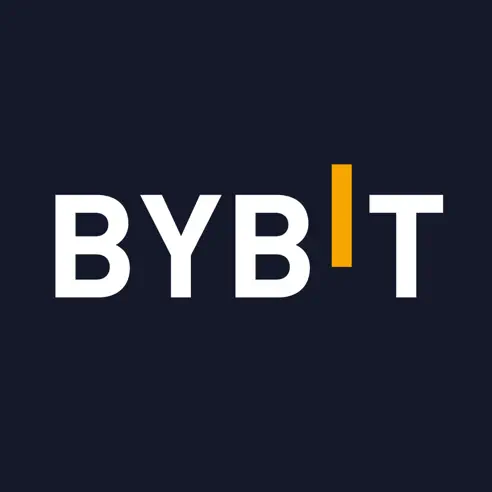I
n a surprise report, three major decentralized artificial intelligence platforms – Fetch.ai, SingularityNET, and Ocean Protocol – announced plans that could have huge ramifications for the future of AI. Representatives from each project confirmed they intend to merge their native crypto tokens into a new ASI (Artificial Super Intelligence) token while establishing a cooperative alliance, seeking to advance open, decentralized development of the technology.

However, the news caused an immediate surge in the tokens of each project. SingularityNET’s AGIX was up over 12%, Fetch.AI’s FET gained 15% and Ocean Protocol’s OCEAN saw astronomical growth of 34%. The consolidation appears to have been embraced by the wider crypto community.
The Merger Proposal
Under the proposed terms, holders of Fetch.ai’s FET token, SingularityNET’s AGIX and Ocean Protocol’s OCEAN would receive ASI tokens at predetermined conversion rates. With a total initial supply of around 2.63 billion, ASI is projected to have a starting market value of approximately $7.5 billion based on the current prices and fully diluted market caps of the merging assets.
SingularityNET founder Ben Goertzel would lead the newly formed “Superintelligence Collective” governing body alongside Humayun Sheikh, CEO of Fetch.ai, as Chairman. The Collective aims to guide collaborations between the separate platforms while maintaining their autonomy. Representatives emphasize the individual brands and ecosystems would continue operating independently under the alliance.
Motivations for Decentralization
The organizations cite decentralization as key to avoiding potential issues that could arise should corporate powers dominate the advancement of this influential new technology. While companies like Google, Microsoft, and OpenAI have contributed greatly to AI, consolidated control raises valid concerns about transparency, accountability, and potential risks down the line from unchecked progress.
By pooling resources through the ASI token, they hope to strengthen the decentralized alternative and attract more contributors to help shape AI development through an open, collaborative model. The merger also aims to increase integration between the different services each project provides, like networking, data storage, and algorithmic marketplaces.
Growing Support in the Community
Initial reactions from corners of the AI and crypto communities have been largely positive. The consolidation could give the decentralized effort more financing power and cohesive direction to better compete with corporate “walled gardens” for talent and mindshare going forward.
Still, some express mixed feelings about centralizing elements of governance within the Collective body. Others caution any transition will face complex legal and technical hurdles to complete the merging of blockchains, and networks and align economic incentives smoothly. Overall, most see the potential benefits outweighing the challenges if implemented properly with community input.
Heading Toward a Decentralized Future
If approved, the merger would represent a major step toward fostering open collaboration around AI as it becomes ever more woven into society. By combining forces, the three projects aim to strengthen an alternative that provides transparency while accelerating progress in this crucial field. While questions remain, for now, it offers a glimpse of what a more decentralized future could look like if grassroots efforts continue aligning to push back against corporate dominance of emerging technologies.












